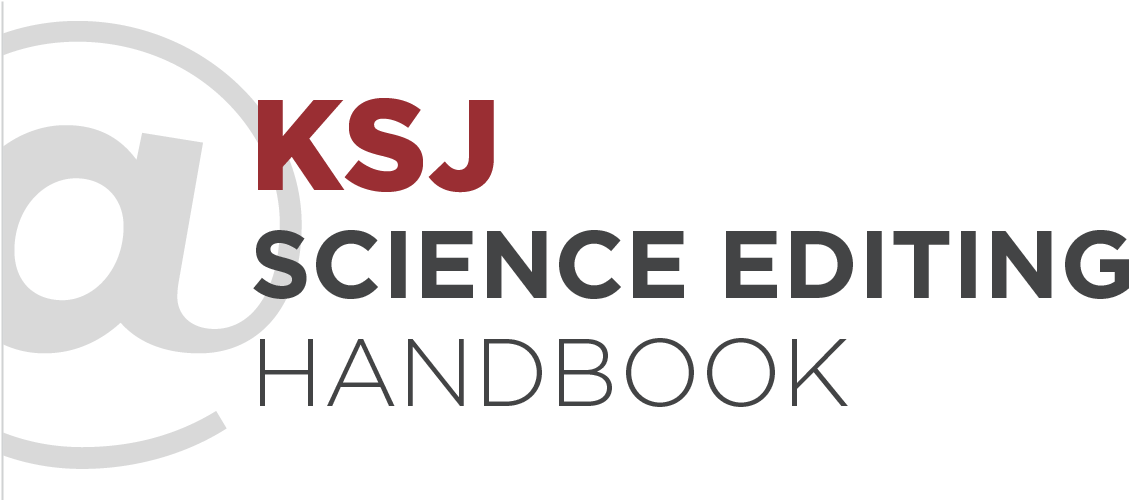Fact-Checking on a Budget
By Brooke Borel / 2 minute read
After making your way through this chapter, you may be thinking: Wow, fact-checking sounds time-consuming. And expensive. I don’t know if we have the resources to do this. It’s an understandable reaction. After all, news outlets still haven’t quite figured out the best way to survive in the online era, and so most editors are dealing with shrinking resources.
So how do you fact-check if you can’t afford a fleet of magazine-style checkers?
Here are a few tips:
- Apply the hybrid model to free up time and money for shorter pieces and help support longer stories. Those longer stories already took up a lot of resources; if you have major errors, that investment won’t pay off.
- Put a high priority on potential liabilities. In other words, if one of your stories accuses someone of a crime or other misdeed, you’d better make sure you have solid sourcing that proves you’re right.
- Create a reporting checklist of facts that are especially easy to confirm — and also easy to mess up. For instance: spelling, geographical location, typos (was that supposed to be millions or billions?), and dates. Every writer should reference the checklist for every story.
- Encourage your writers to read their stories with fresh eyes. In other words, once they finish a draft, they should build in a little time to step away. Coming back after a break may make errors easier to spot. (As an editor, you should do the same.)
- Make sure multiple people read each story. Emphasize that they should push back on claims that don’t add up.
- Track errors and corrections to help identify weak spots.
Fact-checking can be tedious. It can be expensive. It can take a long time. But putting resources toward fact-checking — in a smart way that fits both your outlet and a particular story — is vital. Fact-checking can help save your publication’s reputation as well as the reputations of your journalists. It can help save you from a lawsuit.
I’d also argue that when any individual journalist or publication makes a mistake, it can damage the reputation of the media collectively. The media, of course, aren’t monolithic. Still, many readers still see us that way, so every time one major outlet makes a well-publicized mistake, it makes it that much easier for people to say, See? This is why it’s all fake news.
Most important: We owe it to the readers to do our best to present them with accurate information on the world around them. That’s the purpose journalism claims to fill.


